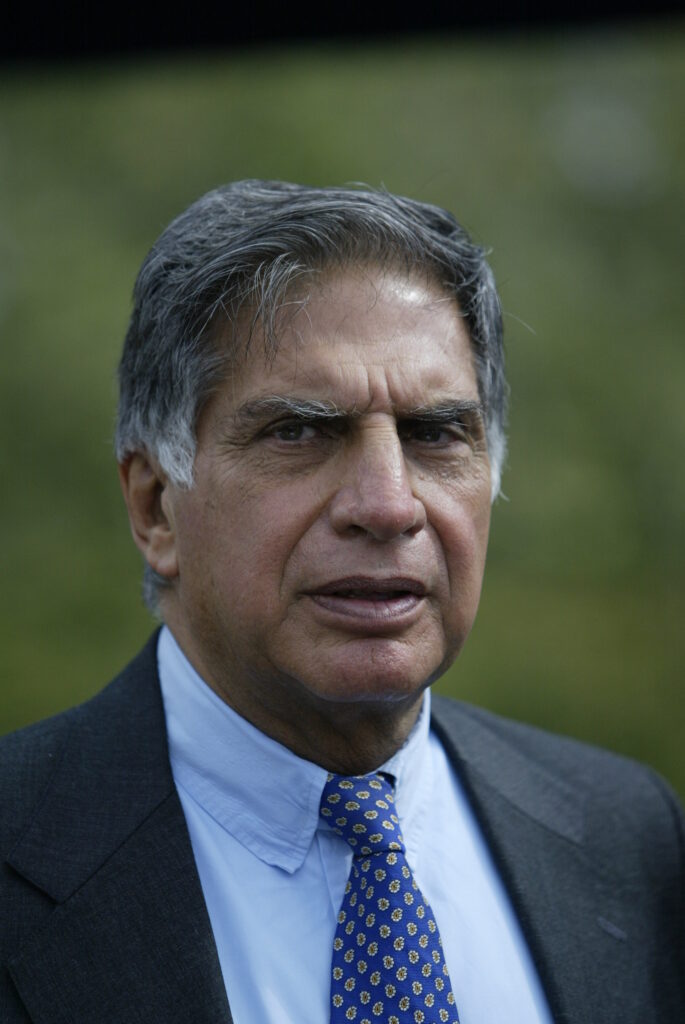
Ratan Tata, a name synonymous with innovation, leadership, and philanthropy, has left an indelible mark on India’s corporate landscape and beyond. Born on December 28, 1937, in Mumbai, Tata has been a pivotal figure in transforming the Tata Group, one of India’s largest and oldest conglomerates. This article explores his life, contributions, leadership style, and the philanthropic endeavors that define him.
Table of Contents
Early Life and Education
Ratan Tata was born into a prominent family; he is the great-grandson of Jamsetji Tata, the founder of the Tata Group. Growing up in a household steeped in values of integrity, service, and commitment to the nation, Ratan was destined to carry on this legacy. He attended the Cathedral and John Connon School in Mumbai before moving to the United States for further education. He earned a degree in architecture from Cornell University and later completed the Advanced Management Program at Harvard Business School.

His upbringing, marked by a combination of privilege and responsibility, instilled in him the values that would guide his leadership style—empathy, resilience, and a commitment to social responsibility.
Rise within the Tata Group
Ratan Tata joined the Tata Group in 1962, initially working at Tata Steel. He began at the bottom, learning the intricacies of the business from the ground up. This hands-on approach would later define his leadership style, as he prioritized understanding every facet of the organizations he would eventually lead.
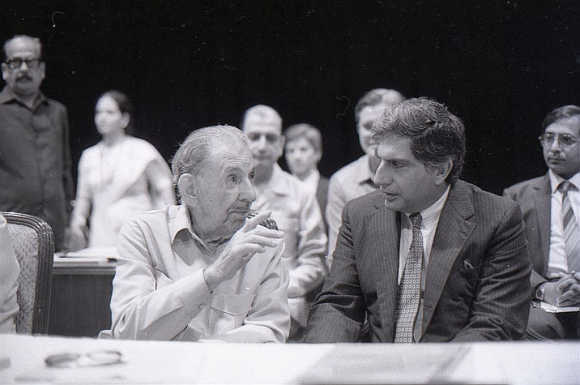
In 1991, Ratan Tata succeeded J.R.D. Tata is the chairman of the Tata Group. At the time, the conglomerate faced numerous challenges, including economic liberalization and increased competition. Ratan embraced these challenges with a visionary mindset, spearheading significant changes that revitalized the group.
Transformative Leadership
Ratan Tata’s leadership is characterized by his forward-thinking vision and a willingness to embrace change. He recognized the need for the Tata Group to diversify and innovate to thrive in a rapidly changing global market. Under his stewardship, the group expanded into various sectors, including telecommunications, software, and retail. Notable acquisitions, such as Tata Tea’s purchase of Tetley and Tata Motors‘ acquisition of Jaguar Land Rover, positioned the Tata Group as a global player.
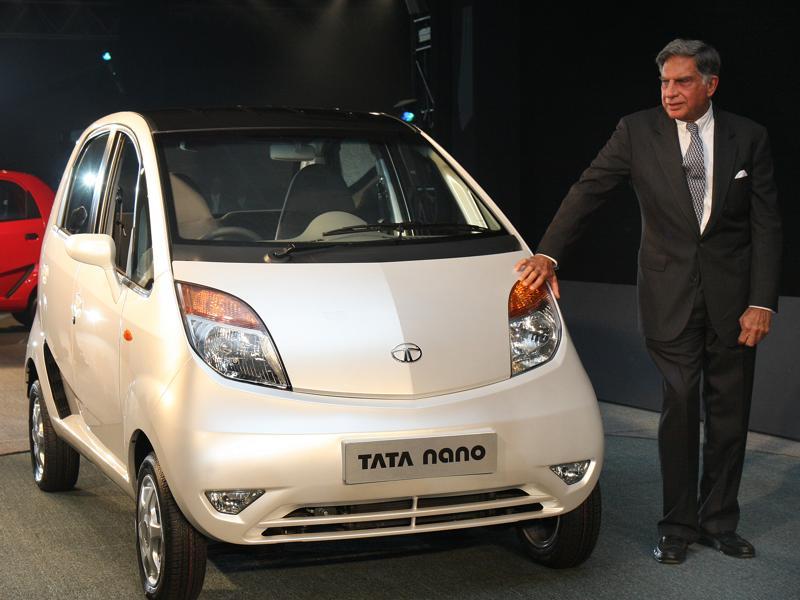
One of Ratan Tata’s most celebrated achievements was the launch of the Tata Nano in 2008, touted as the world’s cheapest car. The Nano was aimed at providing affordable mobility to India’s burgeoning middle class. Despite its mixed reception, the project symbolized Tata’s commitment to innovation and accessibility, embodying the spirit of making quality products available to all.
Commitment to Ethical Business Practices
Ratan Tata’s leadership was also defined by his unwavering commitment to ethical business practices. He believed that businesses should focus on profit and prioritize social responsibility. This philosophy was ingrained in the Tata Group’s mission, ensuring that all companies under its umbrella upheld the highest ethical standards.
His approach was evident in various initiatives prioritizing employee welfare, environmental sustainability, and community development. Ratan Tata emphasized the importance of corporate governance, transparency, and accountability, setting a benchmark for other businesses in India and globally.
Philanthropy and Social Initiatives
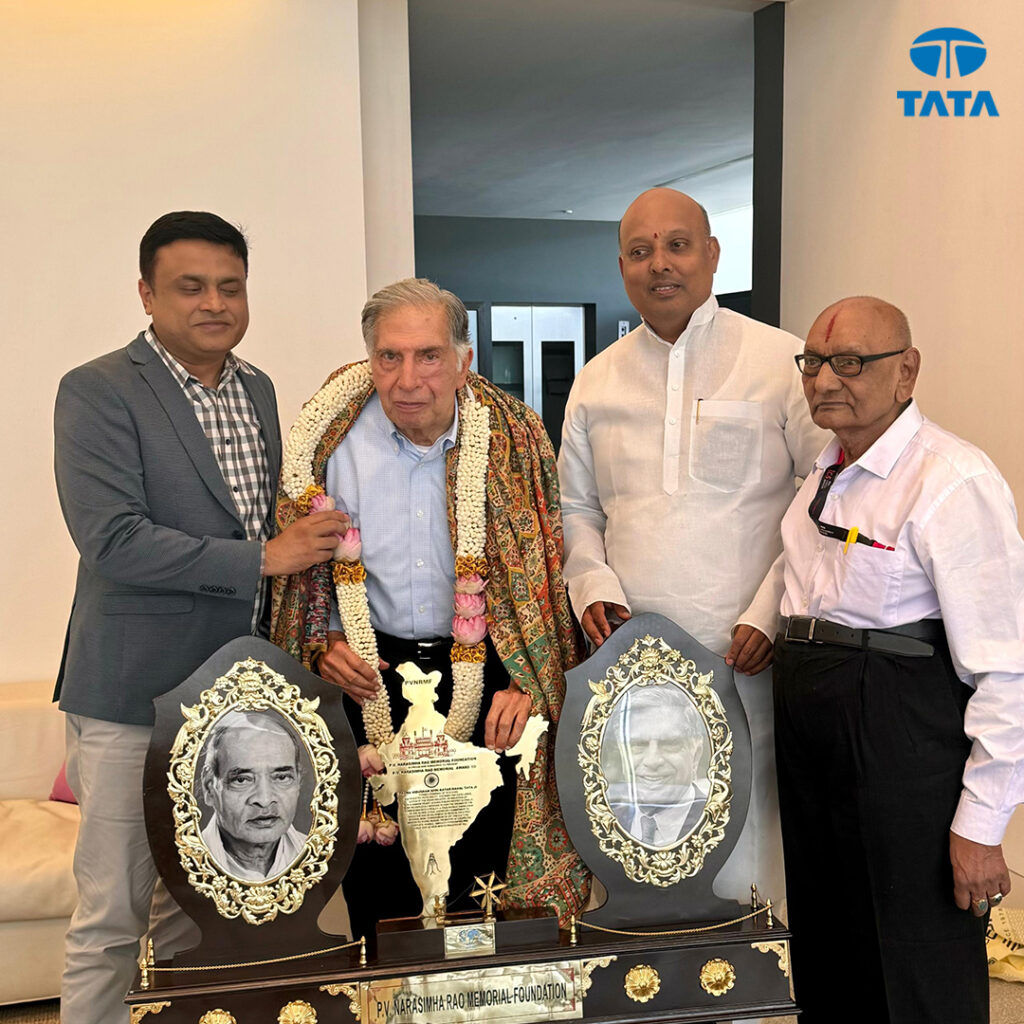
Beyond his corporate accomplishments, Ratan Tata is a noted philanthropist. He has significantly contributed to numerous causes, including education, healthcare, and rural development. His belief in giving back to society aligns with the Tata Group’s founding principles, which emphasize the importance of community welfare.
In 2013, Ratan Tata made headlines for pledging a significant portion of his wealth to philanthropic causes. He established the Tata Trusts, which play a crucial role in funding various social initiatives across India. These trusts focus on improving the quality of education, enhancing healthcare access, and empowering marginalized communities.
Ratan Tata’s philanthropic approach is characterized by a hands-on attitude, often personally engaging with initiatives to understand their impact and effectiveness. His commitment to societal betterment underscores his belief that businesses should serve a higher purpose beyond profit-making.
Legacy and Influence
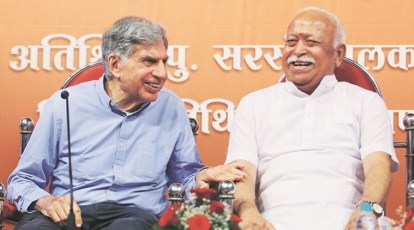
Ratan Tata’s impact extends beyond the corporate world; he is regarded as a mentor and inspiration for aspiring entrepreneurs and business leaders. His emphasis on innovation, ethical leadership, and social responsibility resonates with a new generation of leaders who seek to create a positive impact through their endeavors.
In recognition of his contributions, Tata has received numerous awards and accolades, including the Padma Bhushan and the Padma Vibhushan, two of India’s highest civilian honors. His vision and leadership have transformed the Tata Group into a global powerhouse, and his influence is felt across various sectors.
The Future of the Tata Group
After retiring as chairman in 2012, Ratan Tata has continued to be actively involved in the Tata Group and various startups through his investment firm, Ratan Tata Trust. His focus on innovation and technology remains steadfast, as he encourages new businesses to harness the power of technology for growth and development.
Tata has also been vocal about the need for sustainable development, urging businesses to adopt practices that mitigate environmental impact. His advocacy for clean energy and sustainability aligns with global trends and positions the Tata Group as a leader in responsible business practices.
Personal Life and Values
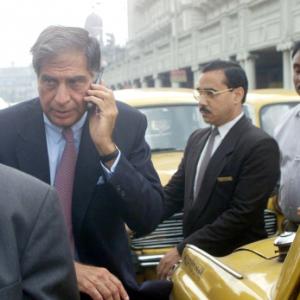
Despite his immense success, Ratan Tata remains a humble and approachable individual. He values simplicity and authenticity, traits that have endeared him to many. His interests include aviation and philanthropy, and he often shares insights from his experiences on social media, further connecting with a broader audience.
Ratan Tata’s philosophy revolves around lifelong learning and adaptability. He believes that one should never stop learning, and this mindset has driven him to explore new horizons and embrace change throughout his career.
Ratan Tata Dies at 86, 9th October 2024

Ratan Tata died at 86 at Mumbai’s Breach Candy Hospital, He was admitted for treatment for the sudden drop in blood pressure.
Conclusion
Ratan Tata stands as a beacon of leadership, innovation, and philanthropy. His journey from a young employee to the chairman of one of India’s largest conglomerates exemplifies resilience, vision, and commitment to ethical business practices. Beyond corporate success, his philanthropic endeavors reflect a profound belief in the power of giving back to society.
As he continues to influence the corporate landscape and inspire future generations, Ratan Tata’s legacy will undoubtedly endure, reminding us that true leadership lies not just in what we achieve but also in how we uplift those around us. His life is a testament to the belief that business can be a force for good and that with vision, empathy, and determination, one can effect meaningful change in the world.

